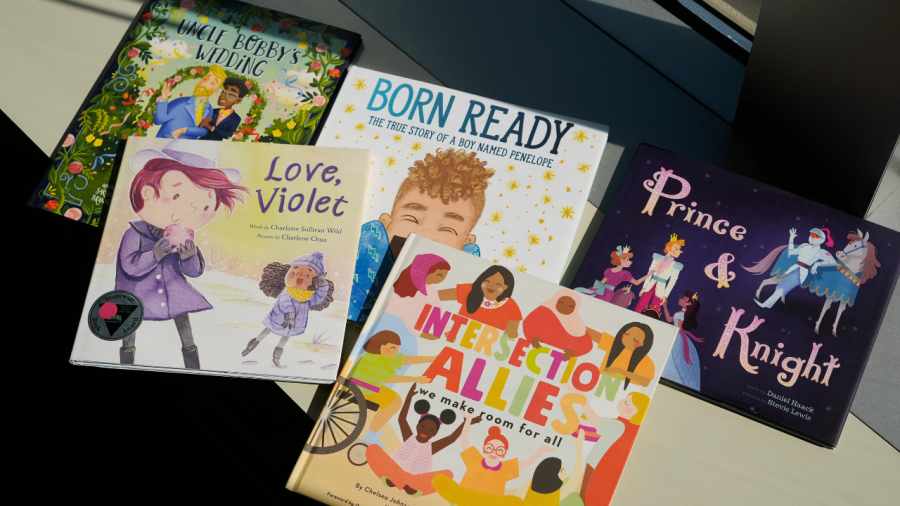COLUMBUS, Ohio (WCMH) — The U.S. Supreme Court signaled last week it will likely rule with parents who wish to opt their children out of school lessons that include LGBTQ+ books, agreeing with an Ohio group that intervened in the case.
The nation’s top court heard arguments on April 22 in the case against a Maryland school district whose curriculum includes LGBTQ+ books, after lower courts sided with the district and said the books weren’t part of “explicit instruction” on sexual orientation and gender identity. Rather, the materials were included as options within the district’s reading list to represent “a range of cultural, racial, ethnic and religious backgrounds.”
The Protect Ohio Children Coalition had joined other similar groups from California, Colorado, Nebraska and Texas in writing an amicus brief against the school district, arguing in favor of opt-outs for parents wishing to remove their students from such lessons, citing an infringement of their religious beliefs.
“The parents have never maintained that the Pride storybooks, or other specified controversial texts, cannot be taught to other [district] students,” the brief said. “The parents merely do not want their own children to be subjected to what they view as attempted indoctrination.”
LGBTQ+ books on the reading list included titles like “Uncle Bobby’s Wedding,” about a young girl struggling with her uncle’s same-sex marriage, and “Pride Puppy,” about attendees at a Pride march who band together to find a family’s lost dog. The district said those on the list are “made available for individual reading, classroom read-aloud and other educational activities designed to foster and enhance literacy skills.”

During oral arguments, Chief Justice John Roberts was reluctant to agree with the school board’s argument that the curriculum didn’t require students to affirm or support the content of the books. Justice Amy Coney Barrett said the books appeared to be presenting children with more than just neutral facts about the LGBTQ+ community.
“It’s not just exposure to the idea, right?” Barrett asked. “It’s saying, this is the right view of the world. This is how we think about things. This is how you should think about things. This is like two plus two is four.”
Justice Elena Kagan asked whether a ruling for the parents would cause an increase in religious objections and lead schools to abandon aspects of the curriculum because of the difficulty of providing opt-outs. Justice Sonia Sotomayor questioned if students had exposure to the contested books.
“Haven’t we made very clear that the mere exposure to things that you object to is not coercion?” Kagan said. “None of them are even kissing in any of these books. The most they are doing is holding hands.”
A similar argument was previously made by Judge G. Steven Agee of the 4th U.S. Circuit Court of Appeals, one of the lower courts that agreed with the district. Agee said the parents were not able to “connect the requisite dots” to show that their religious rights were violated, given there isn’t proof that a teacher has used the books in a manner that “coerces children into changing their religious views.”
Protect Ohio Children Coalition joined the amicus brief as the inclusion of LGBTQ+ themes in classrooms is being debated across Ohio, like in the case of a New Richmond teacher who is taking her district to court after she was suspended for having books in her class library with LGBTQ+ characters.
A Jackson Township school district said in January it will pay $450,000 to a middle school teacher who resigned for refusing to address two transgender students by their preferred names and pronouns after a court said forcing the teacher to use students’ preferred names amounted to “compelled speech.”
The coalition also supported Ohio’s “Parents’ Bill of Rights” law, which includes a provision requiring schools to provide parents the opportunity to review instructional material that includes “sexuality content.” A national crisis hotline said it received a significant increase in calls from LGBTQ+ youth in Ohio within hours after the measure was signed.
A decision in the Maryland case is expected this summer.










